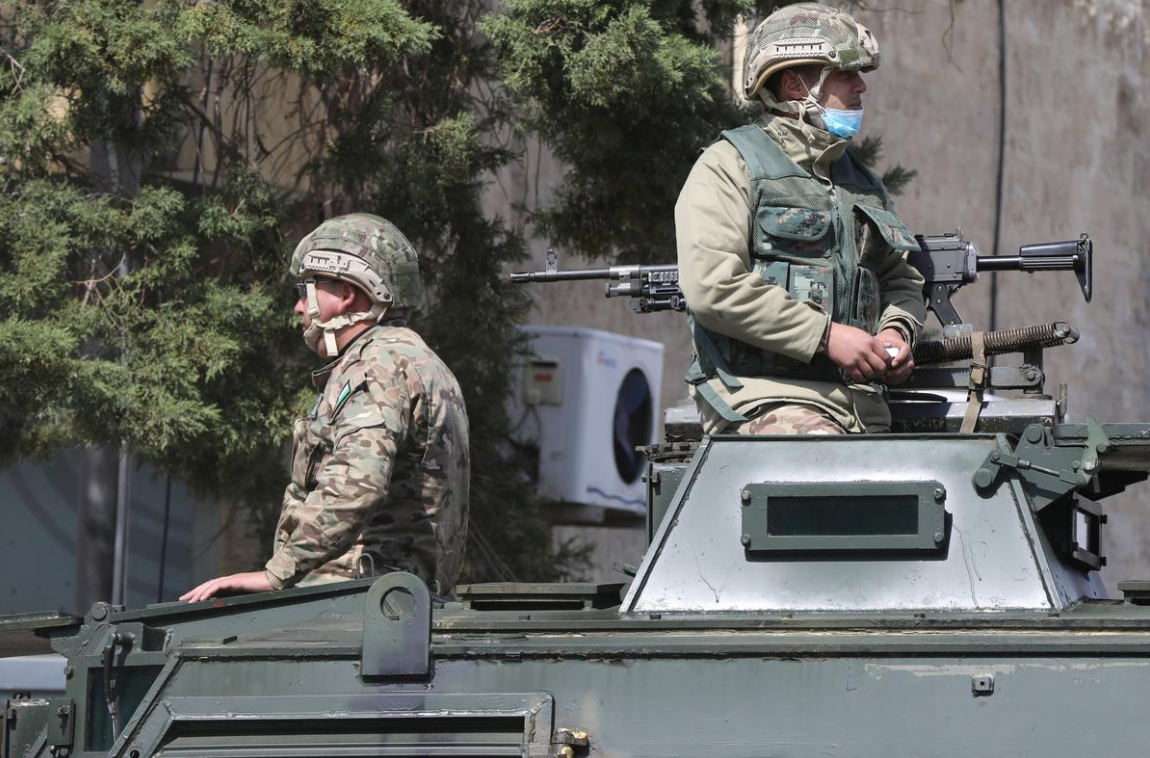
AMMAN (Reuters) — Jordan said on Sunday it had detained opposition union leaders to prevent a campaign of protests that would have paralyzed essential government services as the country grapples with the economic blow from the coronavirus crisis.
The country’s security force on Saturday arrested 13 leading members of the Teachers Syndicate on charges of incitement, corruption, criminal activities and financial irregularities in a surprise crackdown on one of the country’s largest grassroots movements that has become a leading source of dissent.
“The teachers union were threatening again to stage protests, sit-ins and strikes that harm the state’s essential services and their functioning,” Amjad al Adailah, cabinet minister and government spokesman, told reporters.
Officials said those being questioned included union leader Nasser Nawasreh and others who last year organized a one-month strike over pay, the longest and one of the most disruptive public sector strikes in the country’s history.
The government reluctantly agreed to a deal last October that ended the strike, which included agreeing to a 50 percent pay rise to come into effect this year in a bid to avoid a deeper political crisis.
In recent weeks, the 100,000-strong union has accused the government of failing to honor the deal.
The government postponed all pay hikes for the public sector saying state finances were under severe strain.
Security forces have deployed around main government buildings where unions have called for protests in coming days in defiance of a government ban, witnesses said.
Some activists have also demanded the resignation of Prime Minister Omar al Razzaz.
Razzaz said in televised remarks on Sunday he would not tolerate any attempt to break the law by any “group, political party or union that sought to confiscate the rights of others.”
Some officials have accused union leaders of harboring the Islamist opposition’s political agenda. The union says this accusation is part of a government smear campaign.
Rights activists have accused the government of using draconian powers under emergency laws enacted last March to curb the pandemic as an excuse to limit civic and political rights. Scores of activists have been arrested over comments on social media.
___
By Suleiman Al-Khalidi
Reporting by Suleiman Al-Khalidi; Editing by Daniel Wallis
Image: Jordanian army members stand guard outside a hotel that was transformed into a quarantine station amid concerns over the coronavirus (COVID-19) in Amman, Jordan, March 17, 2020. (REUTERS/Muhammad Hamed)




